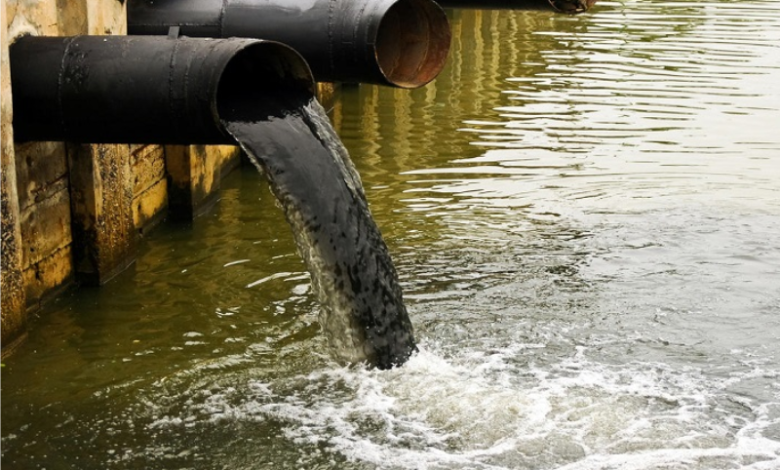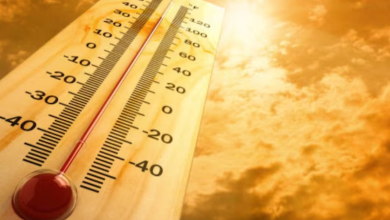New Study Reveals 70% of India’s Wastewater Not Treated

According to a recent analysis by the Centre for Science and Environment, less than one-third of India’s urban wastewater and sewage is treated with more than 70% of untreated wastewater ending up in rivers, lakes and on land.
Only 28% of all urban sewage is being treated as per the report that examines sewage treatment system gaps. This means that 72% of wastewater is left untreated and is disposed of in a way that pollutes the environment. Additionally, it claims that 91% of 302 river segments are contaminated with 55% of houses having open or no drains and 20% of groundwater blocks are either critically conditioned or over used.
The research is released at a time when India’s per capita availability has been steadily declining, having peaked at 2,309 cubic meters in the 1990s and 5,200 cubic meters in the 1950s. It is currently at 1,545 cubic meters. India is now among the water stressed nations and there are signs that things may only get worse in the years that follow.
CSE director general Sunita Narain said, “India faces significant water scarcity challenges due to rapid urbanisation, industrial growth, population expansion and most importantly climate change. Wastewater reuse can be a key part of the strategy to address these concerns and promote water circularity and sustainability.”
The CSE research examines eight states including Karnataka and it states that the actual situation differs from one state to another. Just 43% of Karnataka’s total sewage is cleaned for use in horticulture, irrigation, lake recharging and industry. Lake recovery accounts for 67% of reuse with irrigation and industrial uses coming in second and third.
More than 75% of Bengaluru’s wastewater is processed and the majority of the reuse is done for lake revival which aims to replenish shallow aquifers that can later be used for domestic or agricultural water supplies.
As per the report, Uttar Pradesh has the largest gap between the total amount of sewage water generated and its treatment, followed by Maharashtra, Karnataka, Rajasthan, Tamil Nadu, Delhi and Haryana. However after wastewater has been treated, cities like Bengaluru, Chennai and Nagpur have taken steps to reuse it. However, there is a need to extend these limited activities.



